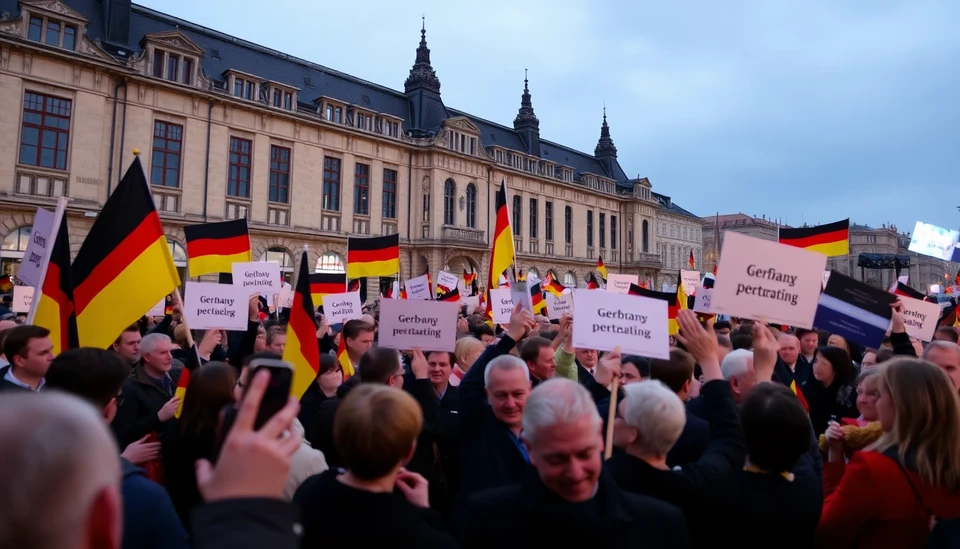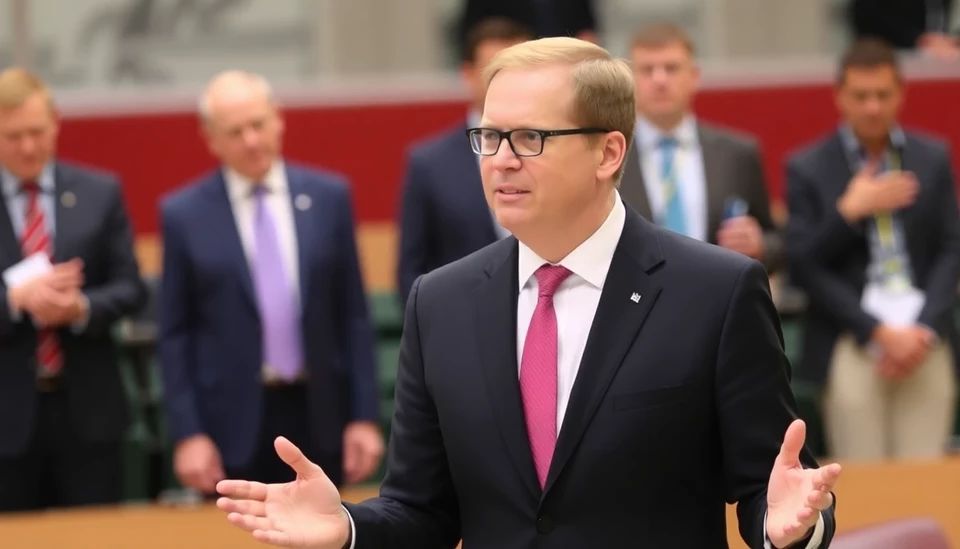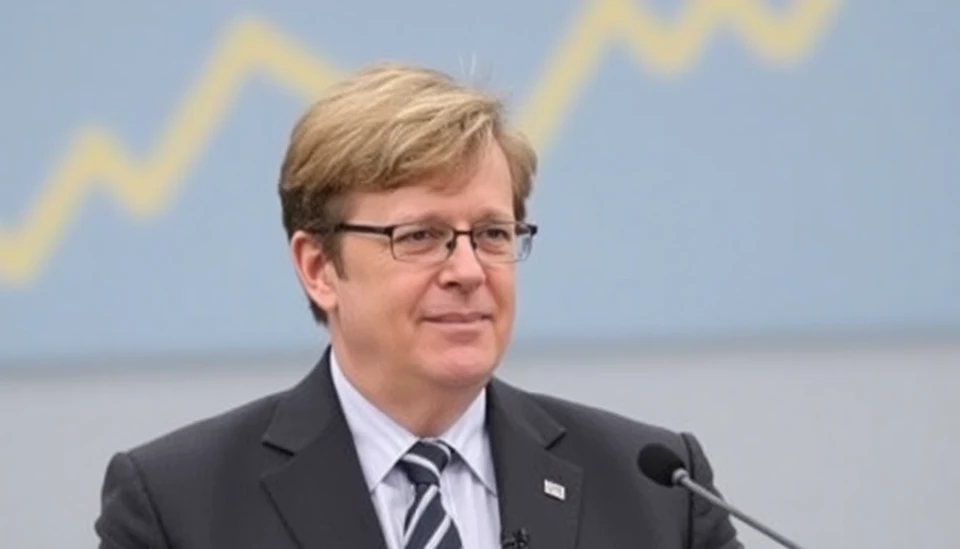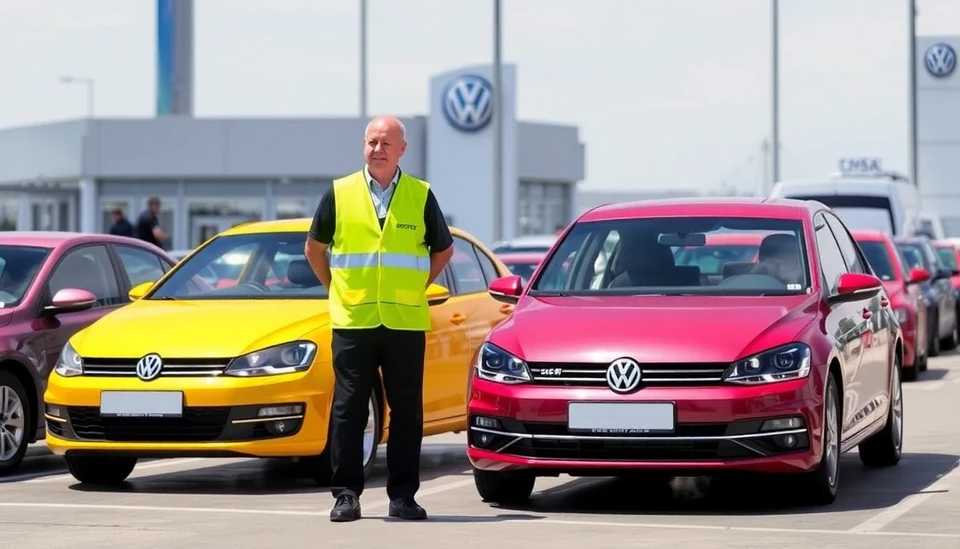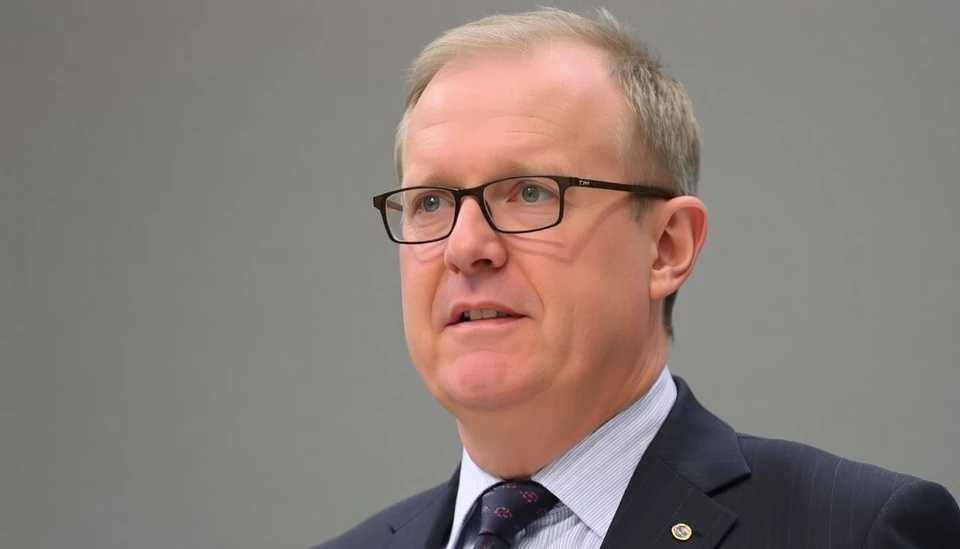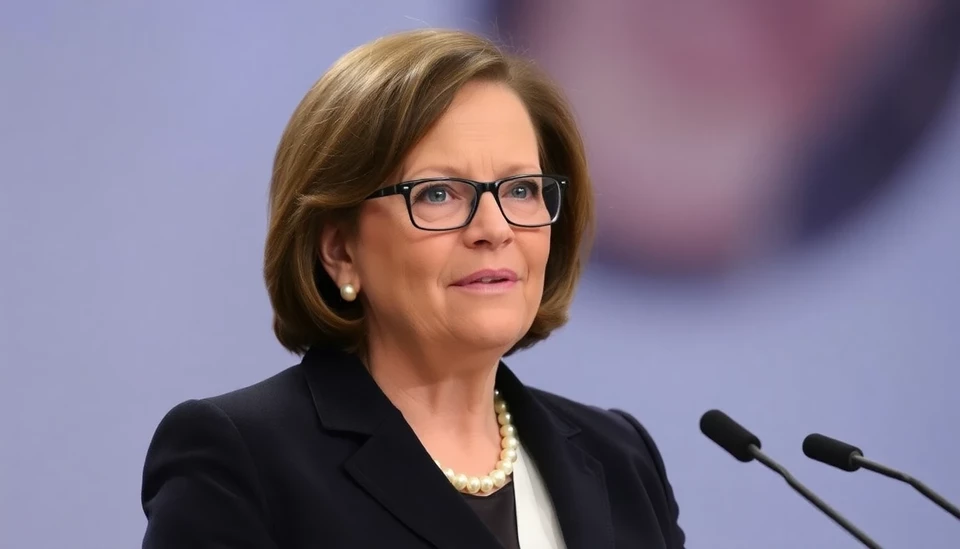
In a significant turn of events, German Chancellor Olaf Scholz has officially canceled his planned trip to the COP29 climate conference in Baku, Azerbaijan, to tackle an escalating crisis within Germany. This decision underscores the intersecting challenges that governments face in addressing both global environmental issues and pressing domestic concerns.
The last-minute cancellation comes in the wake of growing dissatisfaction among citizens regarding the government's handling of various domestic issues, including rising energy costs and inflation. Scholz had intended to lead discussions on climate cooperation and international commitments aimed at achieving the goals set forth in the Paris Agreement but deemed it imperative to focus on urgent matters back home. His previous commitments to climate action have been challenged by political realities, affecting the government's standing among voters.
Amid the backdrop of rising public discontent, the Chancellor faces mounting pressure from opposition parties and within his own coalition. His decision to skip the COP29 meeting, where critical discussions regarding global climate policies are set to unfold, may signal concerns about losing public trust regarding his administration's priorities.
Analysts suggest that this move may also reflect broader trends in national politics, where leaders often grapple with conflicting priorities when it comes to responding to international commitments while addressing local grievances. Critics are already pointing out that such a cancellation could harm Germany's reputation as a leader in climate initiatives, while Scholz seeks to stabilize his government domestically.
With the COP29 summit opening up discussions on how countries can accelerate their move towards sustainable energy and emissions reduction goals, the absence of Scholz is expected to leave a noticeable gap in Germany's influential presence at the conference. It highlights the complex balancing act leaders must perform in the face of dual responsibilities: advancing global environmental agendas while tending to the needs of their constituents.
In recent days, observers have noted a heightened sense of urgency surrounding the climate crisis, prompting global leaders to seek collaborative solutions. COP29 is seen as a vital platform where governments can reaffirm their commitments to combating climate change, discussing new strategies to mitigate its impacts, and fostering international cooperation.
As nations convene in Baku, the absence of Germany’s leadership could put additional pressures on Scholz’s administration to assure both the international community and citizens at home that it remains committed to sustainability and climate action—even amidst internal challenges.
Scholz's decision illustrates the complexities of modern governance where leaders must navigate the shifting tides of public opinion, international obligations, and the immediate needs of their society. It remains to be seen how this development will affect the outcomes of COP29 and what it will mean for Germany’s role in future climate negotiations.
For now, the Chancellor's focus will be on addressing the issues that have taken center stage at home, but as the world watches the proceedings at COP29, the pressure on Scholz to eventually signal Germany's commitment to global climate efforts will undoubtedly remain high.
As the situation develops, all eyes will be on both Berlin and Baku, as the paths of domestic policy and international environmental efforts continue to intertwine in unprecedented ways.
#OlafScholz #COP29 #ClimateChange #Baku #Germany #DomesticCrisis #ClimatePolicy #InternationalRelations #Sustainability
Author: Peter Collins
